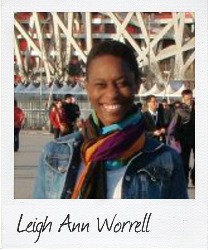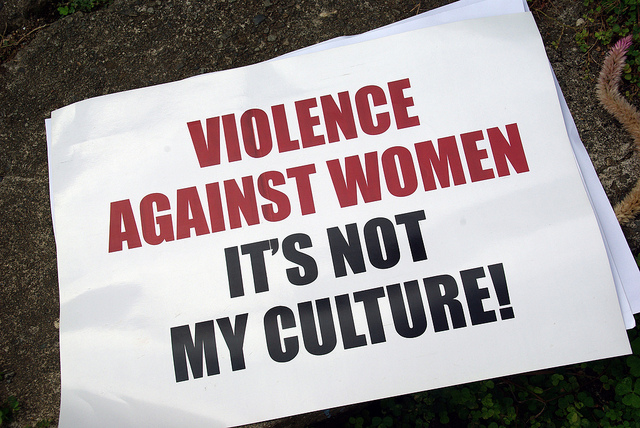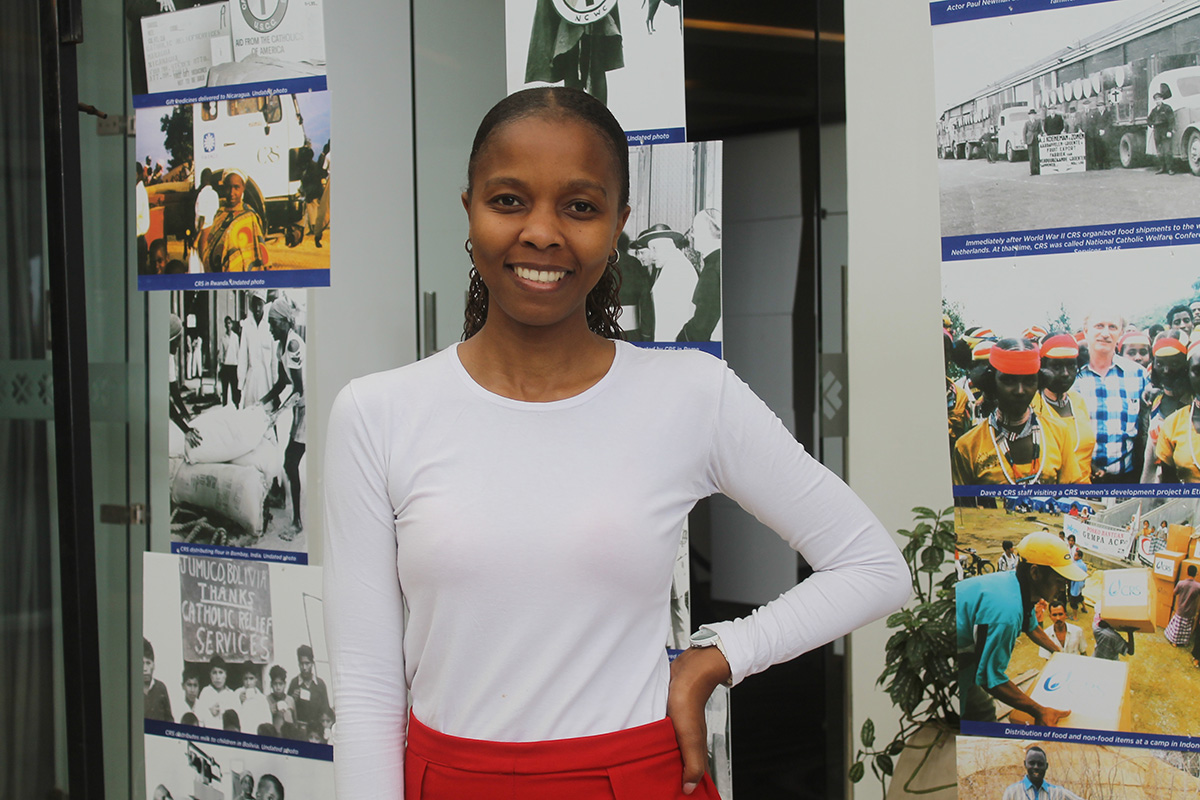"In the shadow of International Women’s Day"
March 28 Violence against women has not lessened in spite of laws and campaigns, writes Leigh-Ann Worrell, 25, a Commonwealth Correspondent from St. Thomas. She argues the violence won’t end without a change in society’s idea of what it means to be masculine and feminine.
Violence against women has not lessened in spite of laws and campaigns, writes Leigh-Ann Worrell, 25, a Commonwealth Correspondent from St. Thomas. She argues the violence won’t end without a change in society’s idea of what it means to be masculine and feminine.
The tears of shock and anger ran deeper than the secluded area where the body of Onicka Malicia Gulliver was found.
Missing for two days, the 23-year-old’s body was unearthed in Vaucluse, located in the landlocked parish of St Thomas.
The discovery of Onicka’s partially decomposed, battered body lay in the shadow of International Women’s Day – celebrated less than a week prior, and in the trail of at least seven other women who died in the last six to eight months, at the hands of an intimate partner in a country just shy of 300 000 people.
We have rallied, talked and legislated and vented over social media, but little is changing – including the collective constructs of masculinity and femininity in the Caribbean, which remain at the core of what is deemed permissible.
Let’s illustrate.
In this latest incident, Facebook profile photos of the alleged perpetrator were shared by upset friends, family members and outspoken social media “activists.”
While some commenters called for stricter penalties for deaths by domestic violence or made pledges of vigilante justice, many believed the man should be “turned into someone’s b*!#%” in jail and dismembered – ie, become less than a man.
What is less than a man? A woman.
In the same publication that highlighted the mystery surrounding Onicka’s death, “Eff I Wuz” (If I Was), a weekly column featured proposals of what would have been done if the author were placed in the same position. One of the suppositions read: “[If] I [was] an anti-bullying advocate, I would be very careful what I call bullying, if we don’t want to turn all our boys into soft men.”
Notions of “boys will be boys” can be just as harmful in efforts to stamp out intimate partner abuse, as Caribbean men are encouraged to be a gallis (man with many female sexual partners), dominant as ascribed by Biblical virtues and in control of the woman.
Women on the other hand, are encouraged to let the man lead. Some relationships also see women completely dependent on the male for financial support, which then places the wife/girlfriend at a significant disadvantage if things go awry.
Recent comments by Ralph Boyce, president of the Men’s Educational and Support Association (MESA), have provided yet another clear illustration of a Caribbean male psyche in need of an awakening.
As a member of a panel discussion on domestic abuse no less, Boyce opined that some men “reacted badly” after “investing” in relationships that did not work out.
Clearly we have a problem.
Stereotypes about other nationalities are another eyesore on the Caribbean social landscape, which lead to decaying ideals of others. When it was revealed Onicka was a Guyanese national – even though she had been living in Barbados for most of her life, one woman remarked: “most of the time it is dem [their] fault; dem [those] Guyanese women like to trick men and carry away dem [their] money, so dat [that] is what she get.”
These ideas do not spring up overnight. They are carefully fed to children who grow into adults and hold on to archaic, bigoted perceptions of people and places.
Onicka’s death was tragically unavoidable. It is up to Barbadian society and the Caribbean as a whole to take stock of what is happening in the space, as well as the complicity in the harrowing occurrences.
photo credit: DFAT photo library via photopin cc
…………………………………………………………………………………………………………………
About me:
I am a writer for Barbados Today. I am passionate about women’s rights issues, theatre arts and cats. I like hanging out with my friends, live for the beach and (sorta) enjoy cooking. I eventually to work in the gender and development field in any part of the world.
…………………………………………………………………………………………………………………
Opinions expressed in this article are those of the author and do not necessarily represent the views of the Commonwealth Youth Programme. Articles are published in a spirit of dialogue, respect and understanding. If you disagree, why not submit a response?
To learn more about becoming a Commonwealth Correspondent please visit: http://www.yourcommonwealth.org/submit-articles/commonwealthcorrespondents/
…………………………………………………………………………………………………………………




